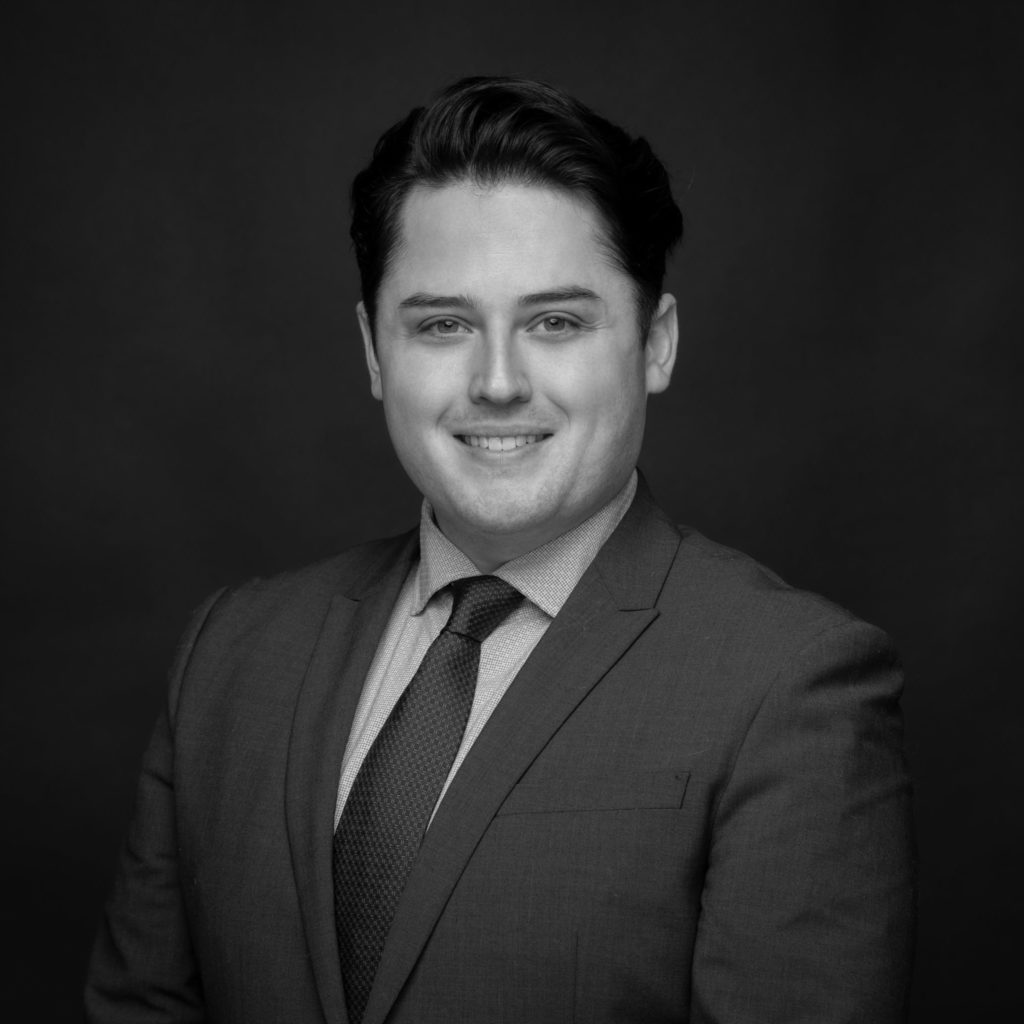Professionals should not go up against their regulator alone
The College of Medical Radiation and Imagining Technologists of Ontario (“CMRITO”) is the regulator for medical radiation and imaging technologists in Ontario. They:
- decide who has a certificate to practice as a medical radiation and imaging technologist
- handle complaints against medical radiation and imagining technologists
But your College does not work for you. In fact, the College can:
- deny applicant’s applications for a certificate to practice or
- suspend, revoke or place terms, conditions, or limitations on medical radiation and imaging technologist’s certificate to practice
If you plan to apply to the College or have received notice of complaint it is important that you have representation to protect your interests and defend your rights.
Our team of experienced Our team of experienced lawyers can assist medical radiation and imaging technologists with matters including:
- Advising medical radiation and imaging technologists on compliance with relevant legislation and standards
- Responding to complaints and investigations at the College
- Representing medical radiation and imaging technologists at the Fitness to Practise Committee
- Advocating for medical radiation and imaging technologists to resolve matters through the College’s complaint resolution process
- Representing medical radiation and imaging technologists in appeals before the Divisional Court of Ontario
Registration
Applying for a Certificate of Registration at the College can be a rather complex process.
To become a member of the CMRITO, applicants may be:
- Ontario graduates
- Registered medical radiation and imaging technologists in another Canadian province
- Canadian graduates who are not registered and practise in an unregulated province in Canada
- International graduates
To become a member, registrants are expected to meet some or all of the following requirements:
- Successful completion of a medical radiation and imaging technology program
- Successful completion of an examination set or approved by the CMRITO
- Successful completion of the Jurisprudence Course
- Clinical practice in the speciality, or completion of the medical radiation and imaging technology program within the last five years
Applications are reviewed by the Registrar who may decide to:
- Issue a certificate of registration
- Refer the application to the Registration Committee for further review
If an application is referred to the Registration Committee, they will review it and issue a decision which may include directing the Registrar to:
- Issue a certificate of registration
- Issue a certificate of registration if the applicant completes additional specified training, experience, examination, or assessments
- Refuse to issue a certificate of registration
Our office can help you prepare an application and offer legal advice on concerns you may have. If you are planning to apply for a certificate from the CMRITO, contact us today.
Complaints Process
The College of Medical Radiation and Imaging Technologists (CMRITO) receives complaints from:
- Members of the public
- Clients of medical radiation and imaging technologists
- Employers of medical radiation and imaging technologists
- Fellow professionals
Members of the College are required to file a complaint, if during their practice they have obtained reasonable grounds to believe that another member of the same or different College has sexually abused a patient, is incompetent or is incapacitated.
The first step of the complaint process is at the Inquiries, Complaints and Reports Committee, often referred to as the “ICRC”.
The ICRC is a written process – the complainant, the College and the member exchange a series of documents:
- A complaint against a member is made
- The College confirms receipt of the complaint
- If appropriate, complaints may be settled through the Alternative Dispute Resolution process
- The College provides the member with an official acknowledgement of the complaint
- The member has an opportunity to file a written response to the complaint
- The ICRC will conduct an investigation and issue a decision
The potential outcomes of a decision include:
- Take no further action
- Issue reminders and recommendations to a member
- Require that a member appear before the ICRC to be cautioned
- Require a member to attend a continuing education or remediation program
- Refer a matter to the Discipline or Fitness to Practise Committee
These outcomes can have very serious financial and personal impacts on members. If you have received a complaint from the CPO, please contact us today.
Discipline Committee
The ICRC may refer complaints that contain allegations of professional misconduct or incompetence regarding a medical radiation and imaging technologist to the Discipline Committee.
Before a matter progresses to a hearing at the Discipline Committee a pre-hearing may occur. A pre-hearing is an opportunity for the College and the member to present their case in an informal manner.
In our experience a pre-hearing at a college can be used to:
- Reduce the allegations against a member
- Reduce the penalty being sought by a member
- Raise important legal issues before trial
At the Discipline Committee a trial may take place where witnesses are called, and evidence is heard.
Outcomes at the Discipline Committee can include:
- Revocation of the member’s certificate
- Suspension of the member’s certificate
- Imposed terms, conditions, and limitations on the member’s certificate
- Orders for the member to pay some or all of the costs of a trial
These are extremely serious public outcomes. If your matter has or could be referred to the Discipline Committee, please contact us today.
Fitness to Practise Committee
The Fitness to Practise Committee is a specialized Committee dealing with cases where a member’s conduct was impacted by an ongoing physical or mental medical condition.
In our experience, a referral to the Fitness to Practise Committee can offer a number of benefits to members, because:
- Complaints are generally resolved in a more private manner
- The goal of the process is ensuring the health of the member
After a hearing is held, the Fitness to Practise Committee may:
- Take no further action
- Revoke the member’s certificate of registration
- Suspend the member’s certificate of registration
- Impose conditions on the member’s certificate of registration
However, it is unusual for members to be referred to Fitness to Practise Committees without legal representation. It takes experienced and detailed representation to present the evidence screening Committees, like the ICRC, want to see to consider a referral to Fitness to Practise. If there is a complaint against you, please contact us today.
Appeals
Decisions of the:
- ICRC, and
- Registration Committee
can be appealed to the Health Professions Appeal and Review Board (“HPARB”).
Decisions of the:
- Discipline Committee, and
- Fitness to Practise Committee,
can be appealed to the Ontario Divisional Court.
Unfortunately, self-represented individuals are very rarely successful in appeals. We have unique expertise in appeals from regulatory colleges. If you are considering an appeal, please contact us today.

